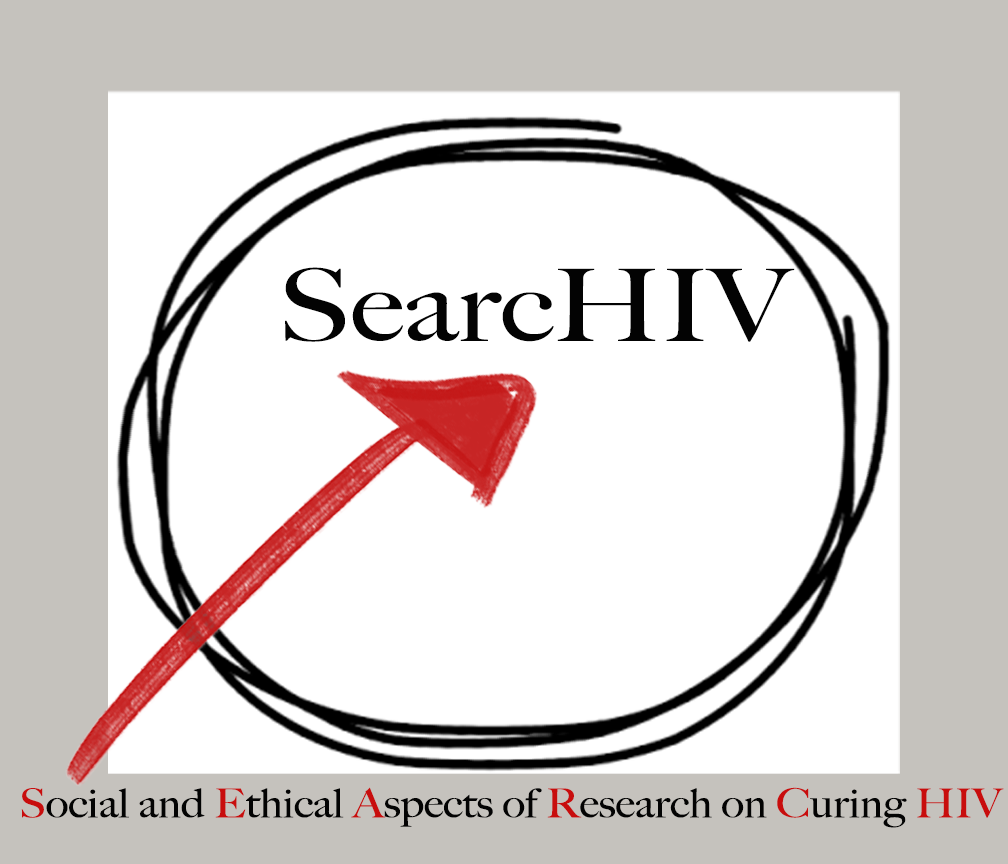Blog Post by Jessica Handibode and Karine Dubé
The number of HIV cure-related publications has risen exponentially in recent years. This is due in part to a burst of funding and scientific interest around HIV cure research in the last decade. At the 2014 Conference on Retroviruses and Opportunistic Infection (CROI), it became clear at a community meeting that we needed to provide resources to increase scientific literacy around HIV cure research. These resources to increase understanding can help manage expectations around HIV cure, but can also provide the foundation for ethical research. Scientific literacy is a way to allow community members to meaningfully engage around the research. Potential study participants can be also informed about the risks, benefits and scientific merits of a study. The CUREiculum concept was developed out of this need to make HIV cure science accessible to as many people as possible.
The CUREiculum initiative was launched at CROI 2015, one year later. The CUREiculum is a suite of tools developed by a collaboration between community educators, advocates and research institutions. Each module contains a set of learning tools that is designed to be used by either an individual learner or as part of a training session or workshop. In addition to an annotated PowerPoint slide deck and various participatory activities, each module contains a set of references chosen for their accessible content about specific topic areas.
On February 21st, 2015 the CUREiculum partnered with the defeatHIV Community Advisory Board (CAB) and the Seattle Public Library to hold the first of two kick off events. The meeting at the library had a diverse crowd of individuals simply interested in HIV cure research. Audience members learned about the Basics of HIV Cure Research, Pediatric Research on HIV Cure and Gene Therapy in HIV Cure Research. Audience members asked a range of thoughtful questions about obtaining informed consent from pregnant women and the potential risks of altering genes in the human body. A reception was held on February 22nd, following the annual Community Cure Workshop. This reception celebrated the involvement of the CUREiculum collaborators.
The complete suite of CUREiculum modules includes:
- HIV/AIDS and Cure Basics
- Stakeholder Engagement in HIV Cure Research
- Regulatory Issues in HIV Cure Research
- Ethics of HIV Cure Research
- Informed Consent in HIV Cure Research
- Participation in HIV Cure Studies
- Concepts in Basic Sciences and Translational Research – The Main Pathways
- Measuring the Latent HIV Reservoir
- Early Antiretroviral Treatment
- Pediatric HIV Cure Research
- Latency Reversing Agents
- Therapeutic Vaccines and Immune-Based Therapies
- Gene Therapy and Stem Cell Transplant
- Animal Models in HIV Cure Research
- Combination Approaches and Conclusions – The Science Looking Forward
For more information about the CUREiculum:
- Please contact:
- Jessica Handibode, AVAC: jessica@avac.org
- Karine Dubé, Collaboratory of AIDS Researchers for Eradication (CARE): karine_dube@med.unc.edu


